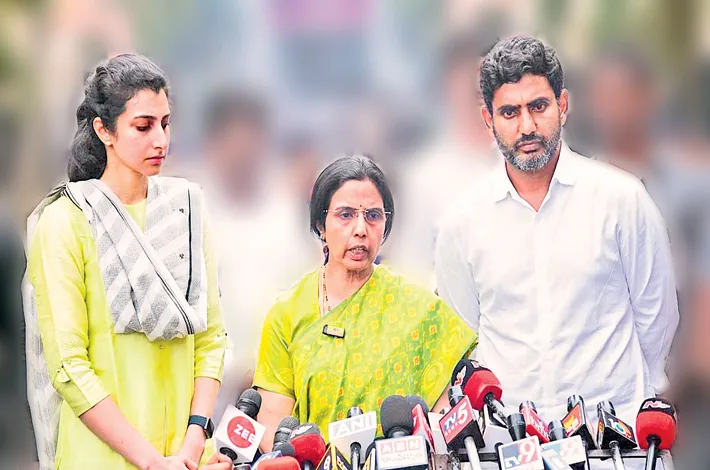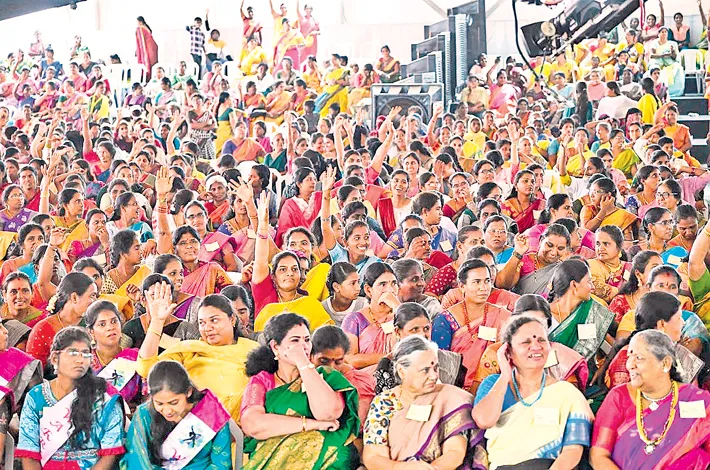Raising Children in India: A Guide to Nurturing the Next Generation
01-02-2025 12:05:09 AM

Indian culture places great emphasis on respect for elders, tradition, and community. Children should be taught to respect their elders, listen to their stories, and learn from their experiences. This helps to instill a sense of responsibility, humility, and social awareness
Bringing up children in India can be a challenging yet rewarding experience. With its rich cultural heritage and diverse values, India offers a unique environment for children to grow and develop.
However, with the country's rapid modernization and changing social dynamics, parents often find themselves struggling to balance traditional values with modern sensibilities. In this article, we will explore the proper way of bringing up children in the Indian context, highlighting the importance of cultural values, education, and emotional well-being.
Cultural Values and Traditions
Indian culture places great emphasis on respect for elders, tradition, and community. Children should be taught to respect their elders, listen to their stories, and learn from their experiences. This helps to instill a sense of responsibility, humility, and social awareness.
Parents should also encourage their children to participate in traditional festivals and celebrations, such as Diwali, Holi, and Navratri. This helps to foster a sense of cultural identity and community belonging.
Education and Academic Excellence
Education is highly valued in Indian culture, and parents often place great emphasis on academic excellence. Children should be encouraged to work hard, set goals, and strive for excellence in their studies.
However, it's equally important to recognize that academic excellence is not the only measure of a child's worth. Parents should also encourage their children to explore their interests and passions, whether it's music, art, sports, or other extracurricular activities.
Emotional Well-being and Mental Health
In recent years, there has been a growing recognition of the importance of emotional well-being and mental health in children. Parents should create a safe and supportive environment where their children feel comfortable expressing their emotions and feelings.
Children should be taught healthy coping mechanisms, such as meditation, yoga, or deep breathing exercises, to manage stress and anxiety. Parents should also be aware of the signs of mental health issues, such as depression or anxiety disorders, and seek professional help if necessary.
Discipline and Responsibility
Discipline is an essential aspect of raising children in India. Children should be taught to respect authority, follow rules, and take responsibility for their actions. However, discipline should not be confused with punishment. Parents should use positive reinforcement techniques, such as praise and rewards, to encourage good behavior.
Conclusion
Raising children in India requires a delicate balance of traditional values, modern sensibilities, and emotional awareness. By instilling cultural values, encouraging academic excellence, and promoting emotional well-being, parents can help their children grow into confident, responsible, and compassionate individuals.
As parents, it's essential to recognize that our children are the future of our country, and it's our responsibility to shape them into capable and caring citizens. By following these guidelines, we can help our children thrive in an ever-changing world and create a brighter future for ourselves and our nation.
Some valuable tips for parents:
* Spend quality time with your children, engaging in activities that promote bonding and emotional connection.
* Encourage your children to ask questions, explore their curiosity, and develop critical thinking skills.
* Foster a sense of responsibility and accountability in your children, teaching them to take ownership of their actions and decisions.
* Prioritize your children's emotional well-being, recognizing the importance of mental health and seeking professional help when needed.
* Lead by example, demonstrating the values and behaviors you want your children to adopt.








